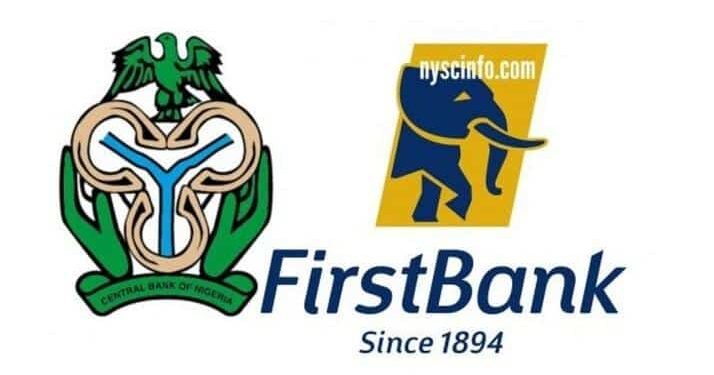First Bank has claimed the title of the most valuable bank, achieving a market valuation of ₦1.43 trillion. This milestone not only underscores its financial prowess but also highlights a competitive landscape where traditional banking players are continually evolving. First Bank’s valuation surpasses that of its closest rivals, GT Bank and Zenith Bank, marking a notable shift in the industry dynamics. Below the market overview is as follows.
First Bank: ₦1.43 Trillion
First Bank’s rise to the top can be attributed to a combination of strategic initiatives, strong customer loyalty, and an expansive service portfolio. The bank has focused on digital transformation, enhancing its offerings in mobile banking and fintech solutions. This commitment to innovation has attracted a broader customer base, contributing to its impressive market valuation.
GT Bank: ₦1.21 Trillion
GT Bank, previously a dominant player, now holds a valuation of ₦1.21 trillion. Known for its strong brand and customer service, GT Bank has faced challenges in maintaining growth amid increasing competition. The bank’s recent focus on digital banking and corporate social responsibility initiatives reflects its adaptability. However, it has encountered hurdles, such as a decline in net interest income due to reduced lending rates.
Zenith Bank: ₦947.06 Billion
Zenith Bank, with a market valuation of ₦947.06 billion, has established itself as a key player in the sector. While the bank has a solid foundation with diversified operations and a robust risk management framework, it has seen a decline in its market value due to external factors like economic downturns and increased regulatory scrutiny. Its efforts to enhance digital services and expand into new markets may offer pathways for recovery.
Analyzing the performance indicators reveals insights into each bank’s operational effectiveness and market positioning:
First Bank
Price-to-Earnings (P/E) Ratio: 0.4%
Growth: 41.3% increase in stock value (₦33.90)
First Bank’s low P/E ratio suggests that it may be undervalued compared to its earnings potential, attracting investors. The significant stock price increase reflects positive market sentiment, likely driven by successful strategic initiatives and improved profitability.
GT Bank
Price-to-Book (P/B) Ratio: 0.4%
Growth: 1.2% increase in stock value (₦36.70)
GT Bank’s P/B ratio indicates it is trading at its book value, which is typical for a well-established bank. However, the minimal stock price growth suggests that investor confidence may be waning due to competitive pressures and slower earnings growth.
Zenith Bank
Price-to-Book (P/B) Ratio: 0.3%
Growth: Decline of 6.2% in stock value (₦29.51)
Zenith Bank’s declining P/B ratio indicates that it is trading below its intrinsic value, which may raise concerns about its future earnings potential. The decrease in stock value reflects market apprehension over its ability to navigate current economic challenges.























































